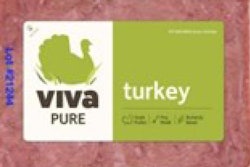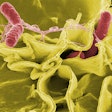
In late 2023, the U.S. Food and Drug Administration (FDA) began receiving an unusually high number of adverse event reports associating various pet illnesses with Nestle Purina PetCare products, predominantly among dogs. Symptoms reported included gastrointestinal issues, kidney, liver and neurological problems. Gastrointestinal symptoms were the most common. As social media attention grew, the brands mentioned in these reports diversified.
FDA investigation into pet illness and Purina brands
The FDA received approximately 1,300 adverse event reports associated with Purina pet foods from November 2023 to April 2024. However, only 107 reports contained sufficient information for thorough follow-up. FDA veterinarians reviewed medical records, interviewed pet owners, and conducted lab tests on both opened and unopened food samples.
Testing by the FDA’s Veterinary Laboratory Investigation and Response Network (Vet-LIRN) revealed no significant findings of mycotoxins, excess vitamin D, harmful bacteria, pesticides or rancid fat in the pet food samples. The bacterium Bacillus cereus, which can produce toxins, was detected in some opened food samples, but not in unopened products from retail sources.
The FDA also inspected Purina’s manufacturing facility in Clinton, Iowa, issuing a Form FDA 483 due to the company's failure to reanalyze its food safety plan after the adverse reports.
Following the investigation, the FDA concluded that there was no conclusive evidence linking the adverse events to Purina pet food.
“After thoroughly analyzing pet food adverse event reports, testing opened products from pet owners and sealed products from retail settings, and conducting a facility inspection, the FDA has determined the existing evidence does not identify a public health concern that could explain the symptoms detailed in these adverse event reports about Purina pet foods,” FDA representatives write in their summary of the investigation.

















